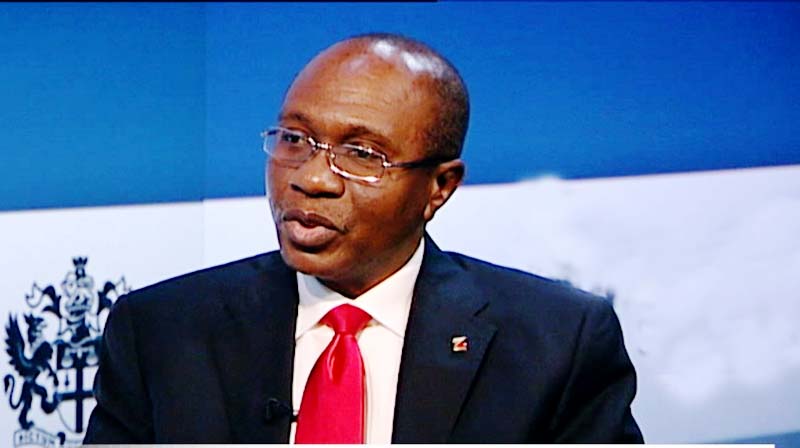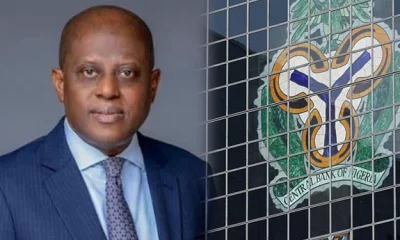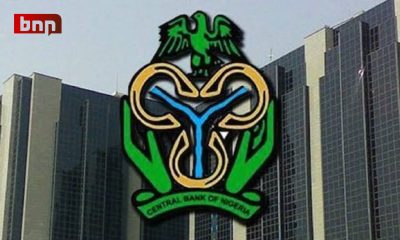For the first time in 16 years, Nigeria’s average lending rate from commercial banks topped 30 per cent per annum, National Daily findings has revealed.
According to data from the Central bank of Nigeria, the last time lending rate was over 30% in Nigeria was in November 1999 just at the advent of the third republic.
Whilst some banks have lent above 30% in the past, the average for all banks have not crossed 30% since 1999.
Lending rates in Nigeria has been on the rise over the last two years as the economy grapples with a crushing recession that has severely depreciation government revenues as well as the value of the naira.
To cushion the depreciation of the naira and avoid speculative tendencies, the CBN has adopted a hawkish monetary policy that has ensured that interest rates continue to remain high. Higher interest rates it is believed will put less pressure on the need to flee the naira and hold on to dollar denominated assets.
ALSO SEE: Bank workers threaten nationwide strike
This is also one of the reasons why the CBN has kept its benchmark monetary policy rates as 14% for over a year now, sending a signal to commercial banks that it has no plans to lower lending rates.
Another possible reason for the high lending rate is due to the significant rise in government borrowing over the last couple of years. For example, bank claims to the Federal Government has risen from about N541 billion at the height of the oil price boom to over N5.6 trillion in March 2017. Government borrowing has also largely been dominated by Treasury Bills and FGN Bonds with yields ranging between 18% and 22% per annum.
Some Nigerian banks have already revealed that they will be tapering on lending to businesses and will instead re-balance their portfolios to focus more on purchasing government securities such as treasury bills and bonds. The effect of government borrowing and crowding out the private sector is worse enough not adding that they are borrowing at high interest rates.
Meanwhile, overnight lending rate dropped to 26 percent on Friday from 65 percent a day earlier after the CBN refunded excess naira offered in an earlier dollar sale to commercial lenders, injecting liquidity back into the money market.
Traders said that a cash squeeze on the money markets on Thursday after lenders provided naira to participate in a CBN currency intervention had pushed the overnight rate sharply higher.
The naira closed at 305.45 to the dollar on the spot market on Friday, and was quoted at 381 on the black market. It was quoted at 382 per dollar at a trading window for investors.

 Football1 day ago
Football1 day ago
 Business1 week ago
Business1 week ago
 Business1 week ago
Business1 week ago
 Education1 week ago
Education1 week ago
 Crime1 week ago
Crime1 week ago
 Covid-191 week ago
Covid-191 week ago
 Latest5 days ago
Latest5 days ago
 Business1 week ago
Business1 week ago













